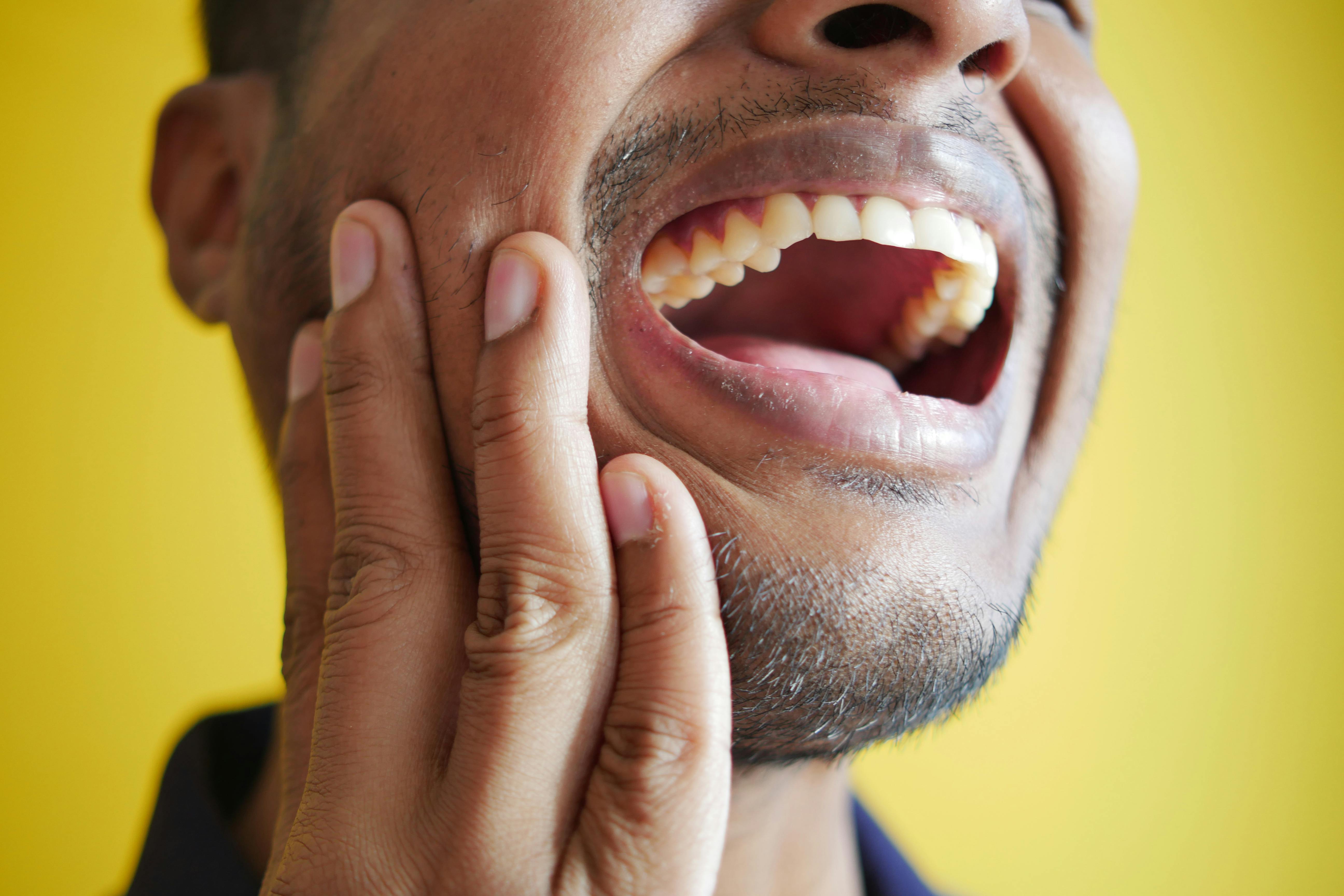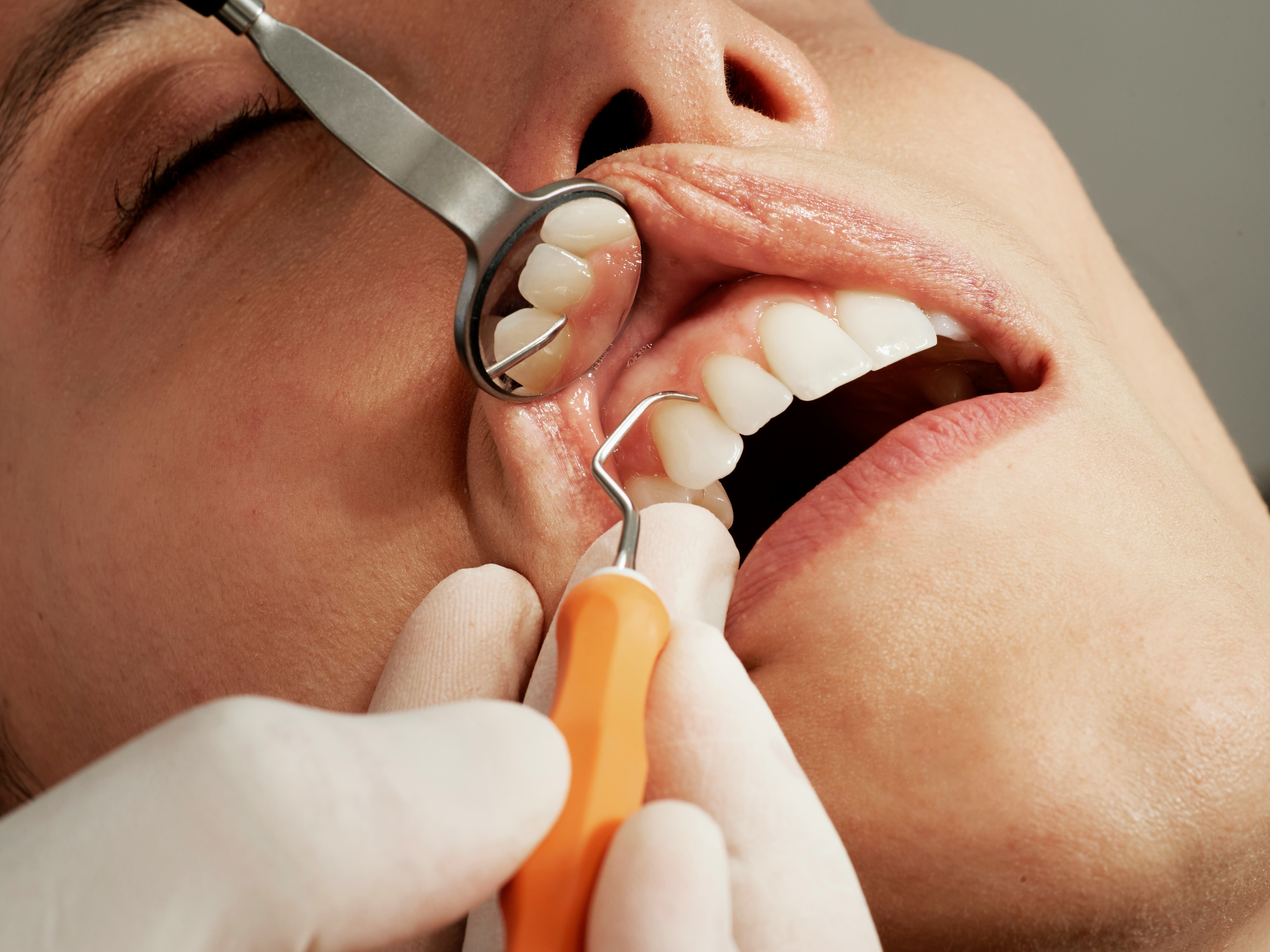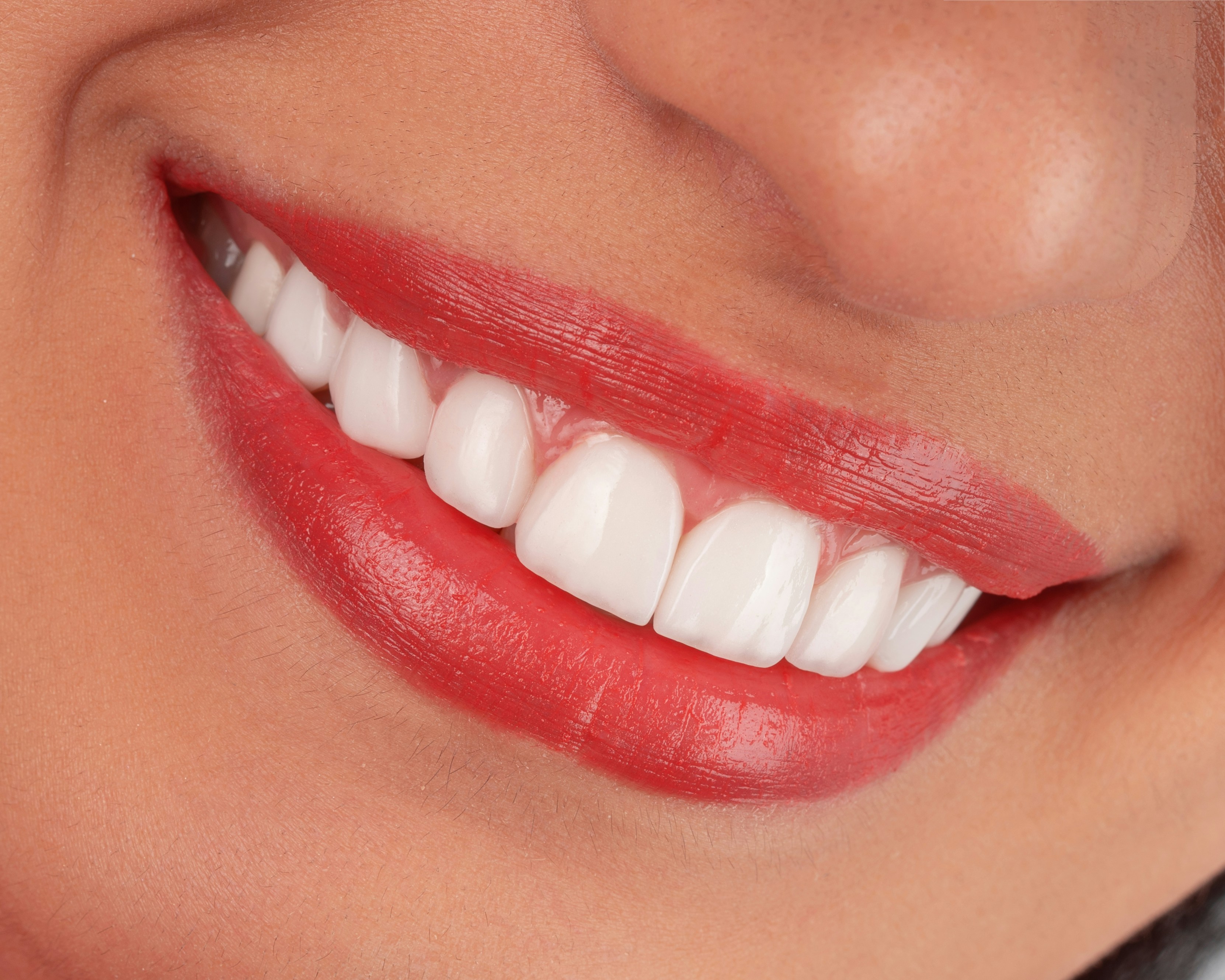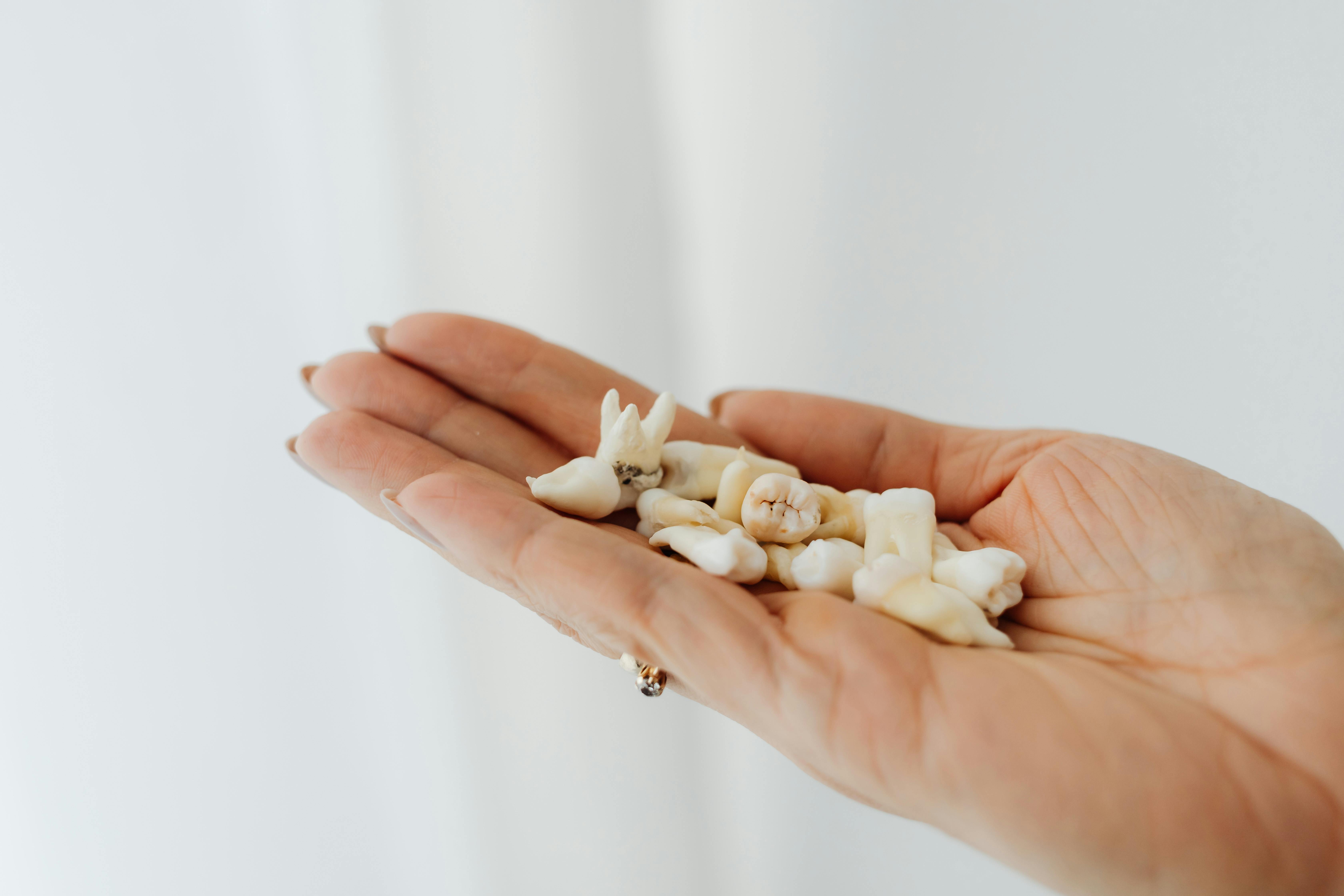The Connection Between TMJ Disorders and Jaw Pain
The Connection Between TMJ Disorders and Jaw Pain
Jaw pain might feel like just another headache or a passing discomfort, but in many cases, the real cause lies in the temporomandibular joint (TMJ). This joint, which connects your jawbone to your skull, is responsible for all the movements you make while chewing, talking, yawning, or even clenching your teeth. When something goes wrong here, it can lead to a set of symptoms commonly referred to as TMJ disorders (TMDs)—a major cause of chronic jaw pain.
At Gargi’s Dental Care, Kolkata, we often see patients experiencing jaw stiffness, clicking sounds, or facial discomfort without realising it’s linked to their TMJ. Let’s explore how TMJ disorders contribute to jaw pain, and what you can do about it.
What Is the Temporomandibular Joint (TMJ)?
The TMJ is a hinge-like joint located just in front of each ear. It allows your jaw to move up and down and side to side—helping you chew, speak, and make facial expressions. It’s one of the most complex joints in the body, involving muscles, ligaments, cartilage, and a small disc that helps absorb shock during jaw movements.
When the joint or its surrounding tissues become inflamed, misaligned, or injured, it can cause a wide range of symptoms—most commonly, persistent or radiating jaw pain.
Common Symptoms of TMJ Disorders
TMJ-related pain doesn’t always stay in the jaw. In fact, many people don’t immediately connect their symptoms to a jaw issue. Some signs to look out for include:
- Jaw pain or tenderness, especially when chewing or talking
- Clicking, popping, or grinding sounds when opening or closing the mouth
- Difficulty opening the mouth wide
- Locking of the jaw
- Pain around the ears or temples
- Headaches or migraines
- Facial pain or swelling
- A change in your bite or the way your teeth fit together
Causes of TMJ Disorders
There isn’t a single cause behind TMJ disorders, but several contributing factors may include:
- Jaw injury or trauma
- Teeth grinding or clenching (bruxism)
- Arthritis in the joint
- Misaligned teeth or bite
- Chronic stress, leading to muscle tension in the face and neck
- Poor posture, especially in the neck and shoulders
Even habits like chewing gum excessively or resting your chin on your hand for long periods can strain the TMJ over time.
How TMJ Disorders Lead to Jaw Pain
When the TMJ doesn’t function properly, the jaw muscles and ligaments can become overworked or inflamed. The cushioning disc that sits between the bones may become displaced, adding to the discomfort. This results in localized pain, especially when chewing or moving the jaw, and often radiates to surrounding areas like the neck, ears, or temples.
The pain can range from dull and achy to sharp and stabbing, and in some cases, it may come and go, triggered by stress or overuse of the joint.
Treatment Options for TMJ Disorders
Fortunately, many TMJ disorders can be managed effectively—especially with early intervention. At Gargi’s Dental Care, we offer personalised care for TMJ issues based on your specific symptoms and lifestyle.
Conservative Treatments Include:
- Warm compresses and gentle jaw exercises
- Anti-inflammatory medications (under guidance)
- Night guards or splints to prevent teeth grinding
- Physiotherapy or posture correction
- Stress management techniques
In more severe cases, we may recommend dental correction, Botox therapy for muscle relaxation, or refer you to a TMJ specialist for joint-specific intervention.
When to See a Dentist
If jaw pain is interfering with your daily activities, or if you’re noticing signs like limited movement, clicking sounds, or chronic headaches, it’s time to seek help. TMJ disorders can worsen if left untreated, affecting your quality of life and even your ability to eat or speak comfortably.
At Gargi’s Dental Care, Kolkata, we conduct a detailed assessment to pinpoint the source of your jaw pain. With advanced imaging and bite analysis, we create a treatment plan tailored to relieve discomfort and restore healthy jaw function.
Book Your Consultation Today
Don’t ignore persistent jaw pain or strange popping sounds—these could be signs of a TMJ disorder. Let the experts at Gargi’s Dental Care, Kolkata, help you find relief through evidence-based, compassionate care.
Schedule Your Appointment Now







.jpg)


